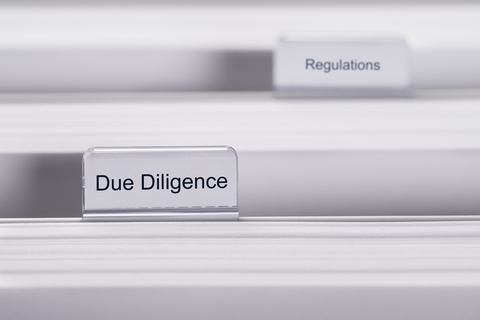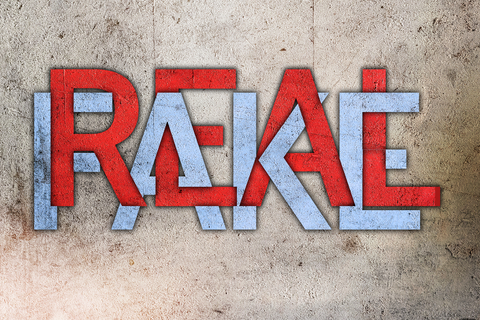Online due diligence investigations – 5 things you need to know
I recently had the opportunity to speak at the OACFE fraud conference about online due diligence background investigations. It’s always great to meet other fraud professionals and share my strategies and sources.
In this presentation, I emphasize that one of the best ways to prevent fraud is to avoid going into business with fraudsters. If you’re investing a lot of money and time – and your good reputation – it’s good to know everything you possibly can about the other parties before finalizing the deal.
I also emphasize that, before starting your due diligence, you need to prepare. Investigators who skip this step go blindly into their research and analysis, which results in errors and lost time.
During the preparation phase, here are five things you need to know:
Know what your client needs – Is this just a first pass at some possible investments, or are they ready to write the check? Do they need a full asset investigation, or would just liabilities work for this round? Getting some context will help you match the the level of due diligence to your client’s level of risk
Know the warning signs – What should you look for in the data? Which red flags in your subject’s personal and professional lives might be deal-breakers, and which could be overlooked. Sometimes a key piece of information can be used during negotiations, and you need to know what that could be.
Know your sources and how to use them – Learn your search tools’ possibilities. What is and isn’t covered, and what’s the most efficient way to find and extract the data? Take advantage of customer support, and be sure to stay up-to-date on product changes.
Know when to pay – You’re missing a lot if you rely on just free resources. Premium offers specialized content, easy formatting options, professional search tools – and they handle copyright, so you can legally share with your client.
Know the law – Several laws affect what kind of information you can gather and what you can do with it. The Fair Credit Reporting Act (FCRA), Gramm-Leach-Bliley Act (GLBA), Drivers Privacy Protection Act (DPPA), and Family Educational Rights and Privacy Act (FERPA) all govern personal data, so learn what you need to know.
Taking the time for some basic preparation before heading off to search databases can make a big difference in your investigation. How do you prepare for due diligence?



